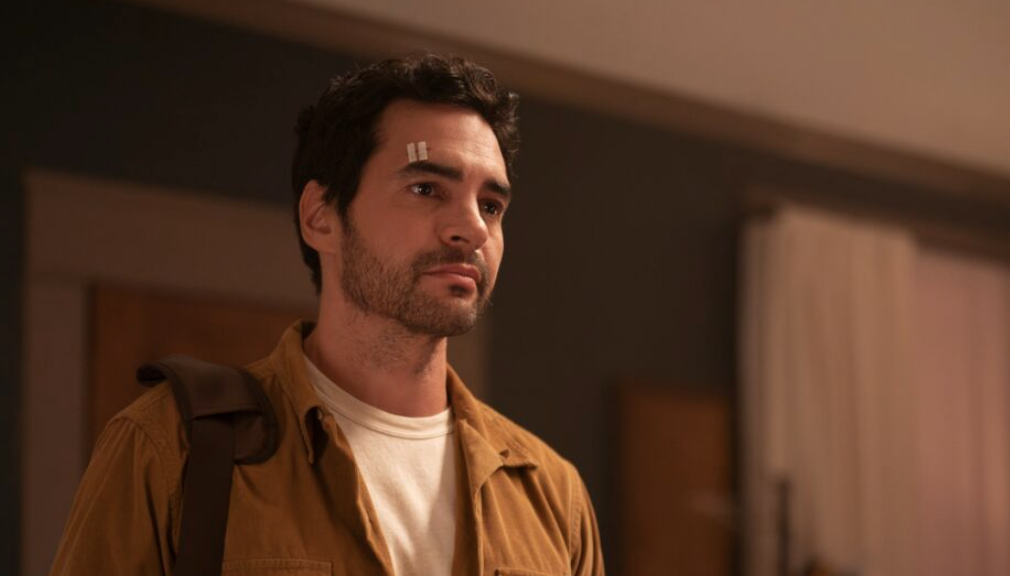
Beyond the intricate crime-solving and gripping investigations lies the deeply human story of Will Trent, the compelling protagonist of Karin Slaughter’s bestselling novels. His journey is not just about unraveling criminal cases; it’s a profound exploration of personal growth, navigating the scars of a traumatic past, and the ongoing quest for redemption. This article delves into the poignant human elements of Will Trent and how his turbulent history shapes his approach to justice.
Will Trent’s past is far from idyllic. Raised in the foster care system, he endured significant hardships and emotional wounds that have left lasting imprints on his psyche. These early experiences have forged him into a unique individual, one who often operates outside conventional norms but possesses an extraordinary capacity for empathy, particularly for the vulnerable and the victimized.
One of the most compelling aspects of Will’s character is the way his past traumas inform his present actions. His struggles with dyslexia, often a source of frustration and self-doubt, have paradoxically honed his observational skills. He learns to rely on visual cues and subtle details that others might miss, a crucial asset in his work as a Georgia Bureau of Investigation special agent.

Furthermore, the emotional scars of his childhood have instilled in him a deep-seated need for justice and a fierce protectiveness towards those who are suffering. He understands pain on a visceral level, allowing him to connect with victims and witnesses in a way that transcends typical professional interactions. This empathy, however, often comes at a personal cost, blurring the lines between his professional duty and his own emotional vulnerabilities.
The search for connection and belonging is another significant thread in Will’s narrative. His relationship with Sara Linton, a pediatrician and medical examiner, offers a beacon of hope and stability in his often chaotic life. Their bond is forged through shared experiences of trauma and a mutual understanding of the darkness that exists in the world. This relationship becomes a crucial anchor for Will, offering him a sense of normalcy and a space for healing.
Throughout the series, we witness Will grappling with his past while confronting the horrors of the present. He doesn’t simply solve crimes; he often becomes deeply invested in the lives of the victims, his own history fueling a relentless pursuit of justice on their behalf. His journey is a testament to the resilience of the human spirit, demonstrating that even from profound pain, the capacity for empathy, growth, and ultimately, a form of personal salvation can emerge.
Reflect with us: What moments in Will Trent’s journey resonated with you most deeply? How do you believe his past experiences influence his decisions and his approach to solving the often brutal cases he encounters? Share your thoughts and insights in the comments below. Let’s explore the human core of this compelling character together.
